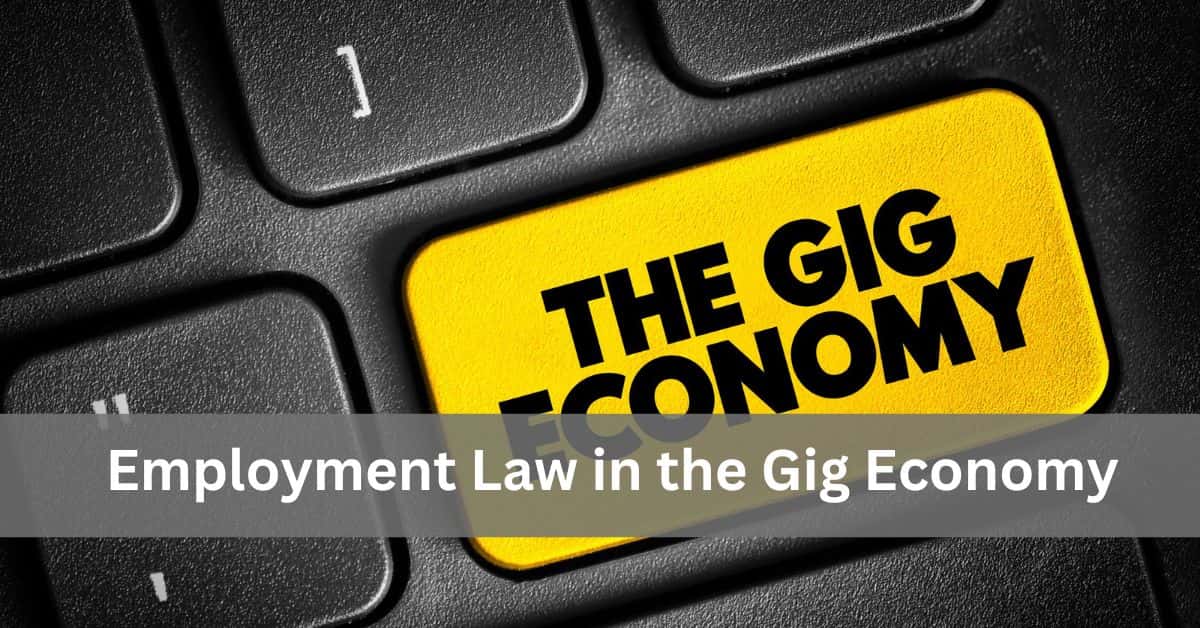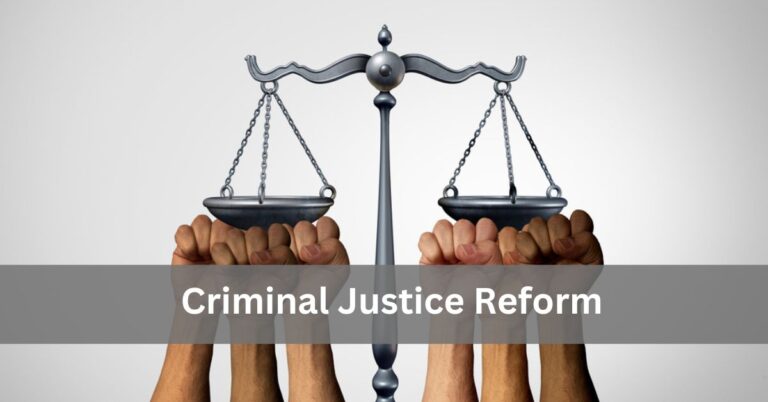The gig economy has transformed the traditional employment landscape, offering flexible work opportunities and redefining the concept of employment. With the rise of freelance work, temporary contracts, and independent contracting, there are significant implications for employment law. This article explores the impact of the gig economy on employment law, highlighting the challenges and opportunities it presents for workers, employers, and policymakers.
Understanding the Gig Economy
The gig economy encompasses various forms of short-term, flexible, and freelance work. Workers in the gig economy, often referred to as gig workers, include freelancers, independent contractors, part-time workers, and temporary employees. Unlike traditional employees, gig workers typically do not have long-term employment contracts and may work for multiple clients or employers simultaneously. The gig economy has grown rapidly, driven by technological advancements, digital platforms, and changing attitudes toward work.
Key Employment Law Issues in the Gig Economy
Employment law in the gig economy raises several critical issues, including worker classification, labor rights, benefits, and workplace protections. Traditional employment laws were designed with the assumption of a clear employer-employee relationship, which often does not apply to gig work. This misalignment has led to legal ambiguities and challenges in protecting gig workers’ rights.
Worker Classification
One of the most contentious issues in the gig economy is the classification of workers as either employees or independent contractors. This classification has significant implications for workers’ rights and benefits. Employees are entitled to various protections and benefits under employment law, including minimum wage, overtime pay, health insurance, and retirement benefits. Independent contractors, on the other hand, do not receive these protections and benefits. The misclassification of gig workers as independent contractors can deprive them of essential labor rights and benefits.
Labor Rights and Protections
Gig workers often lack the labor rights and protections afforded to traditional employees. This includes the right to collective bargaining, protection against unfair dismissal, and access to workplace safety regulations. The absence of these protections can leave gig workers vulnerable to exploitation, job insecurity, and unsafe working conditions. Addressing these gaps in labor rights is crucial to ensuring fair treatment and protection for gig workers.
Benefits and Social Security
Unlike traditional employees, gig workers typically do not receive employer-provided benefits such as health insurance, paid leave, and retirement savings. This lack of benefits can result in financial insecurity and limited access to essential services for gig workers. Policymakers and employers need to explore innovative solutions to provide gig workers with access to benefits and social security, ensuring their well-being and financial stability.
Workplace Protections
Workplace protections, such as anti-discrimination laws and occupational health and safety regulations, are essential for safeguarding workers’ rights and well-being. However, gig workers may not always be covered by these protections, leading to potential vulnerabilities and risks. Extending workplace protections to gig workers is crucial for creating a safe and inclusive working environment.
Legal and Policy Responses to the Gig Economy
Governments and policymakers worldwide are grappling with how to adapt employment laws to address the challenges posed by the gig economy. Several approaches have been proposed and implemented to ensure gig workers’ rights and protections.
Revising Worker Classification
Revising worker classification criteria is a critical step in addressing the challenges of the gig economy. Some jurisdictions have introduced new categories of workers, such as “dependent contractors” or “gig workers,” to provide a middle ground between traditional employees and independent contractors. These new classifications aim to extend certain rights and protections to gig workers without imposing the full range of obligations associated with traditional employment.
Extending Labor Rights and Protections
Extending labor rights and protections to gig workers is essential for ensuring fair treatment and preventing exploitation. This includes granting gig workers the right to organize and bargain collectively, protecting them against unfair dismissal, and ensuring access to workplace safety regulations. Policymakers need to consider legislative changes that extend these rights and protections to gig workers, leveling the playing field between gig workers and traditional employees.
Providing Benefits and Social Security
Innovative solutions are needed to provide gig workers with access to benefits and social security. Some proposals include portable benefits schemes, where benefits are linked to the worker rather than the employer, allowing gig workers to accumulate benefits across multiple gigs. Other approaches involve creating gig-specific social security programs funded by contributions from gig workers, employers, and digital platforms. These solutions aim to provide gig workers with financial security and access to essential services.
Promoting Workplace Protections
Promoting workplace protections for gig workers is crucial for ensuring a safe and inclusive working environment. This includes extending anti-discrimination laws, occupational health and safety regulations, and protections against harassment to gig workers. Policymakers and employers need to work together to create policies and practices that protect gig workers from discrimination, exploitation, and unsafe working conditions.
The Role of Digital Platforms
Digital platforms play a significant role in the gig economy, acting as intermediaries between gig workers and clients. These platforms have a responsibility to ensure fair treatment and protection for gig workers. This includes transparent algorithms and rating systems, fair dispute resolution mechanisms, and clear communication of terms and conditions. Digital platforms can also contribute to providing benefits and social security for gig workers by collaborating with policymakers and industry stakeholders.
Challenges and Opportunities
The gig economy presents both challenges and opportunities for employment law. While the gig economy offers flexibility and new work opportunities, it also raises concerns about worker rights, benefits, and protections. Addressing these challenges requires a collaborative effort from policymakers, employers, digital platforms, and gig workers. By adopting innovative solutions and revising existing employment laws, it is possible to create a fair and inclusive gig economy that benefits all stakeholders.
Conclusion
In conclusion, the gig economy has significantly impacted employment law, raising critical issues related to worker classification, labor rights, benefits, and workplace protections. To ensure fair treatment and protection for gig workers, it is essential to revise worker classification criteria, extend labor rights and protections, provide benefits and social security, and promote workplace protections. By addressing these challenges, policymakers, employers, and digital platforms can create a fair and inclusive gig economy that benefits all stakeholders, ensuring the well-being and financial stability of gig workers.

























+ There are no comments
Add yours